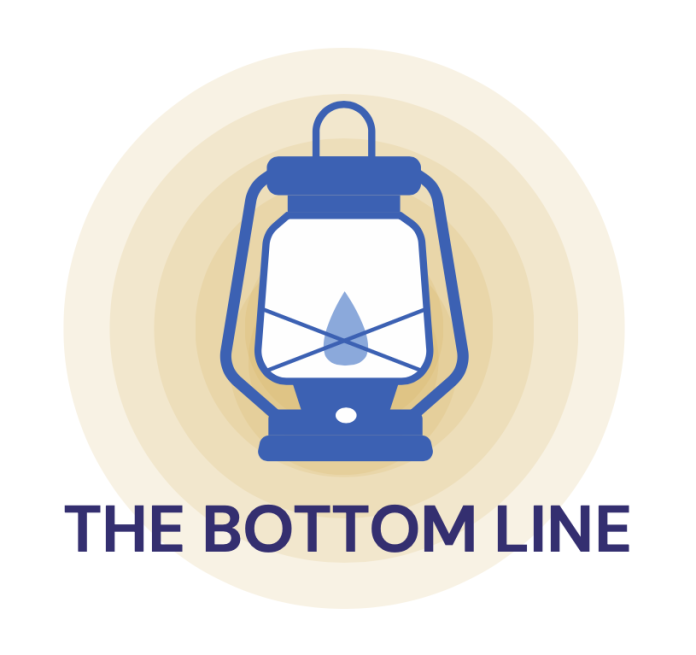Shane Rockenstein Carlson
Photo Editor
I don’t know about you, but the past couple weeks have felt off to me. I know I’m weird: I regularly get up at 6 a.m. and have only slept in till noon a handful of times during my three years in college. But even I can feel something wrong, something off-balance, something… shining through my windows too early.
Yep, I’m talking about daylight savings. Just about a month ago, we shifted from daylight saving time (DST) to standard time, meaning the sun rises too early and sets too soon.
You may be too sleep-deprived from getting blasted with sunlight before seven in the morning to remember, but California voted to abolish the bi-annual time change back in 2018. Since then, we’ve continued to spring forward and fall backward despite voting to make DST permanent.
While a previous article published by The Bottom Line argues in favor of daylight savings, numerous studies have demonstrated that daylight savings causes more traffic accidents. A 1995 study published by the American Journal of Public Health shows a correlation between changes in daylight hours and the occurrence of fatal car crashes. Whether that’s down to natural seasonal daylight shifts or daylight savings is not conclusive, but the study does conclude that “an estimated 901 fewer fatal crashes […] might have occurred if daylight saving time had been retained year-round.” More recently, a 2022 study published on CellPress shows that the shift from DST to standard time causes an uptick in deer-vehicle collisions, up 16 percent from normal rates.
Outside of motor accidents, daylight savings has been linked with an increase in health problems. According to Business Insider, hospitals report a 24 percent spike in heart attack visits with the shift to DST in the spring. In the weeks following the time shift, our bodies are still recovering from the sudden change in sleep patterns. Furthermore, Popular Science reports that workplace injuries increase by 5.7 percent, and more people undergoing IVF (in vitro fertilization) miscarry in the weeks following the springtime shift.
Sure, daylight savings was a proven money saver when it was first established. However, the amount of money and energy it saves us is almost totally negligible by this point: a 2018 study on this issue found a mean electricity savings of 0.34 percent during daylight saving time. For comparison, you know for a fact that reading your psych textbook will increase your final grade by far more than 0.34 percent, but you still won’t do it.
We can talk statistics all day, but what about how people feel about daylight savings? Speaking from my own experience, I know of very few people who like this bi-annual torture. All you’ll find on those dreaded days when we shift time are complaints about how awful daylight savings is and a million voices suddenly crying out in terror before having to go to work an hour earlier than their bodies expect. All anyone asks is, “Why are we still doing this?”
California voted to get rid of this outdated tradition, and even the Senate agreed to make DST permanent through its passage of the Sunshine Protection Act in 2022. However, it died in the House of Representatives and has been at a standstill since being reintroduced to the Senate in March of this year. In yet another baffling complication to ridding the world of this blight on humanity’s sleep schedule, sleep experts agree these bills have picked the wrong time to make permanent. Instead of losing an hour in spring and never changing again, sleep experts say we’d be better off following Hawaii and Arizona by sticking to standard time instead — the time we’re currently on.
Despite all the medical and emotional turmoil daylight savings is proven to create, it seems like the battle to end this lingering institution is far from over. Maybe if the people keeping it going could see the people who will suffer heart attacks, car crashes, workplace injuries, miscarriages, and all-around bad vibes the next time we switch the clocks, they’d realize how much more harm than good daylight savings brings to us all.











